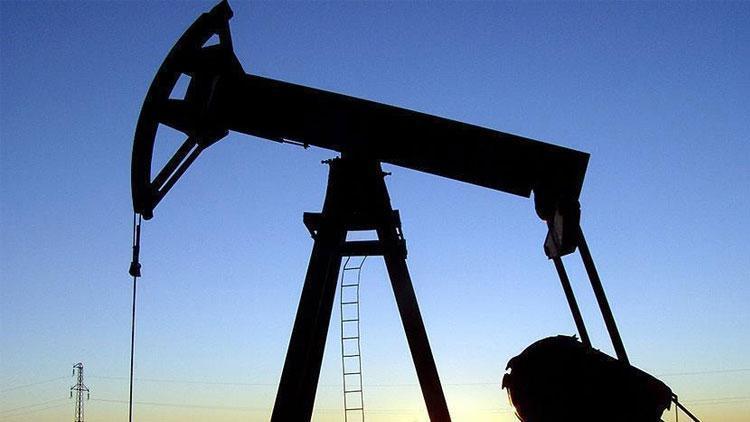Low oil prices drag Middle East economies to collapse
ANKARA/ISTANBUL- Anadolu Agency

The low oil price environment in the global market is dragging the Middle Eastern oil-producing countries to collapse, whose economies are strongly dependent on crude oil production and exports.
Due to the novel coronavirus (COVID-19) keeping global oil consumption weak, and the oil price war between Saudi Arabia and Russia, crude oil prices are fluctuating below $30 per barrel since March 6 when OPEC and non-OPEC nations failed to reach an output curb deal.
Low crude prices are seriously threatening most oil-producing countries in the Middle East and North Africa (MENA) who need higher oil prices to balance their budgets.
Nigeria needs a breakeven price of $144 per barrel of Brent crude on average to balance its government balance this year, while Bahrain requires $96 a barrel, according to data from global rating agency Fitch Ratings.
Saudi Arabia, OPEC heavyweight and the world's largest crude exporter need a breakeven of $91 per barrel, while Oman needs $82 a barrel, Abu Dhabi requires $65 per barrel and Qatar needs $55 a barrel, the data shows.
While Algeria needs $109 per barrel of average Brent crude in 2020 to balance its budget, Angola has a breakeven price of $55 per barrel, and the United Arab Emirates (UAE) needs $70 a barrel, according to International
Monetary Fund (IMF) data.
The data shows that Venezuela and Libya each need around $100 per barrel to balance their budgets this year, while Iraq stands at $60 a barrel and Iran is at a whopping $195 per barrel.
For non-OPEC countries such as Russia, Mexico and Kazakhstan, an average Brent crude price of $42 per barrel, $49 per barrel and $58 per barrel are needed this year to balance their budgets.
Oil-producing countries in the MENA region are also expected to have lower economic growth rates in 2020 due to low oil prices, according to the International Institute of Finance (IIF).
Saudi Arabia is now estimated to grow by 0.7% this year, down from the previous forecast of 2%. While Kuwait's economic growth expectation is lowered to 0.8%, from 2.8%; the UAE now has a growth forecast of 0.6%, down from 1.9%.
Iraq's economy is anticipated to contract by 0.3%, instead of growing by 3.2%; and Iran's economy is expected to shrink by 8.4% this year, instead of 5.1%.
If oil prices would average around $40 per barrel this year, IIF said it estimated nine oil-exporting countries in the MENA region to see their hydrocarbon earnings decline by a total of $192 billion.
















